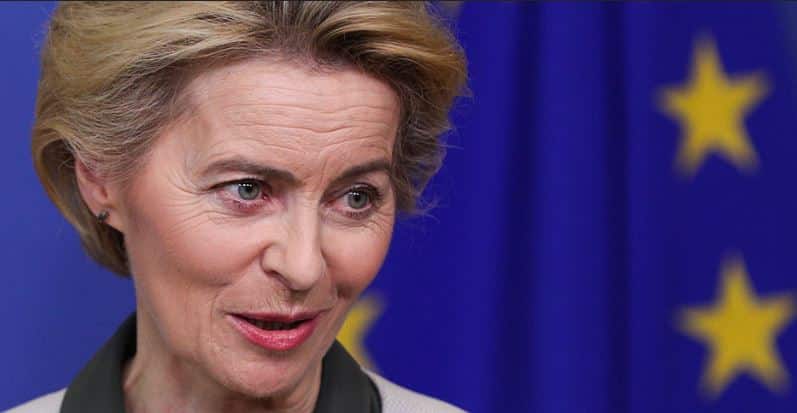We have been discussing how Democratic leaders like Hillary Clinton called on foreign companies to pass censorship laws to prevent Elon Musk from restoring free speech protections on Twitter. The EU has responded aggressively to warn Musk not to allow greater free speech or face crippling fines and even potential criminal enforcement. After years of using censorship-by-surrogates in social media companies, Democratic leaders seem to have rediscovered good old-fashioned state censorship.
Sen. Elizabeth Warren (D., Mass.) declared Musk’s pledge to restore free speech values on social media as threatening Democracy itself. She has promised that “there are going to be rules” to block such changes. She is not alone. Former President Obama has declared “regulation has to be part of the answer” to disinformation.
For her part, Hillary Clinton is looking to Europe to fill the vacuum and called upon her European counterparts to pass a massive censorship law to “bolster global democracy before it’s too late.”
New Zealand Prime Minister Jacinda Ardern recently repeated this call for global censorship at the United Nations to the applause of diplomats and media alike.
EU censors have assured Democratic leaders that they will not allow free speech to break out on Twitter regardless of the wishes of its owner and customers.
One of the most anti-free speech figures in the West, EU’s Internal Market Commissioner Thierry Breton has been raising the alarm that Twitter users might be able to read uncensored material or hear unauthorized views.
Breton himself threatened that Twitter must “fly by [the European Union’s] rules” in censoring views deemed misleading or harmful by EU bureaucrats. Breton has been moving publicly to warn Musk not to try to reintroduce protections that go beyond the tolerance of the EU for free speech. Musk is planning to meet with the EU censors and has conceded that he may not be able resist such mandatory censorship rules.
The hope of leaders like Clinton is the anti-free speech measure recently passed by EU countries, the Digital Services Act. The DSA contains mandatory “disinformation” rules for censoring “harmful” thoughts or views.
Breton has made no secret that he views free speech as a danger coming from the United States that needs to be walled off from the Internet. He previously declared that, with the DSA, the EU is now able to prevent the Internet from again becoming a place for largely unregulated free speech, which he referred to as the “Wild West” period of the Internet.
It is a telling reference because the EU views free speech itself as an existential danger. They reject the notion of free speech as its own protection where good speech can overcome bad speech. That is viewed as the “Wild West.”
Many of us are far more fearful of global censors than some whack job spewing hateful thoughts from his basement. That is why I have described myself as an Internet Originalist:
The alternative is ‘internet originalism’ — no censorship. If social media companies returned to their original roles, there would be no slippery slope of political bias or opportunism; they would assume the same status as telephone companies. We do not need companies to protect us from harmful or ‘misleading’ thoughts. The solution to bad speech is more speech, not approved speech.
If Pelosi demanded that Verizon or Sprint interrupt calls to stop people saying false or misleading things, the public would be outraged. Twitter serves the same communicative function between consenting parties; it simply allows thousands of people to participate in such digital exchanges. Those people do not sign up to exchange thoughts only to have Dorsey or some other internet overlords monitor their conversations and “protect” them from errant or harmful thoughts.
The danger of the rising levels of censorship is far greater than the dangers of such absurd claims of the law or science — or in this case both. What we can do is to maximize the free discourse and expression on the Internet to allow free speech itself to be the ultimate disinfectant of disinformation.
Reprinted with permission from JonathanTurley.org.


